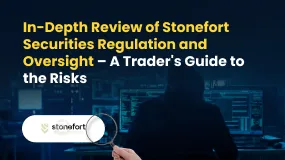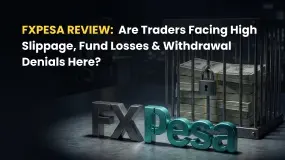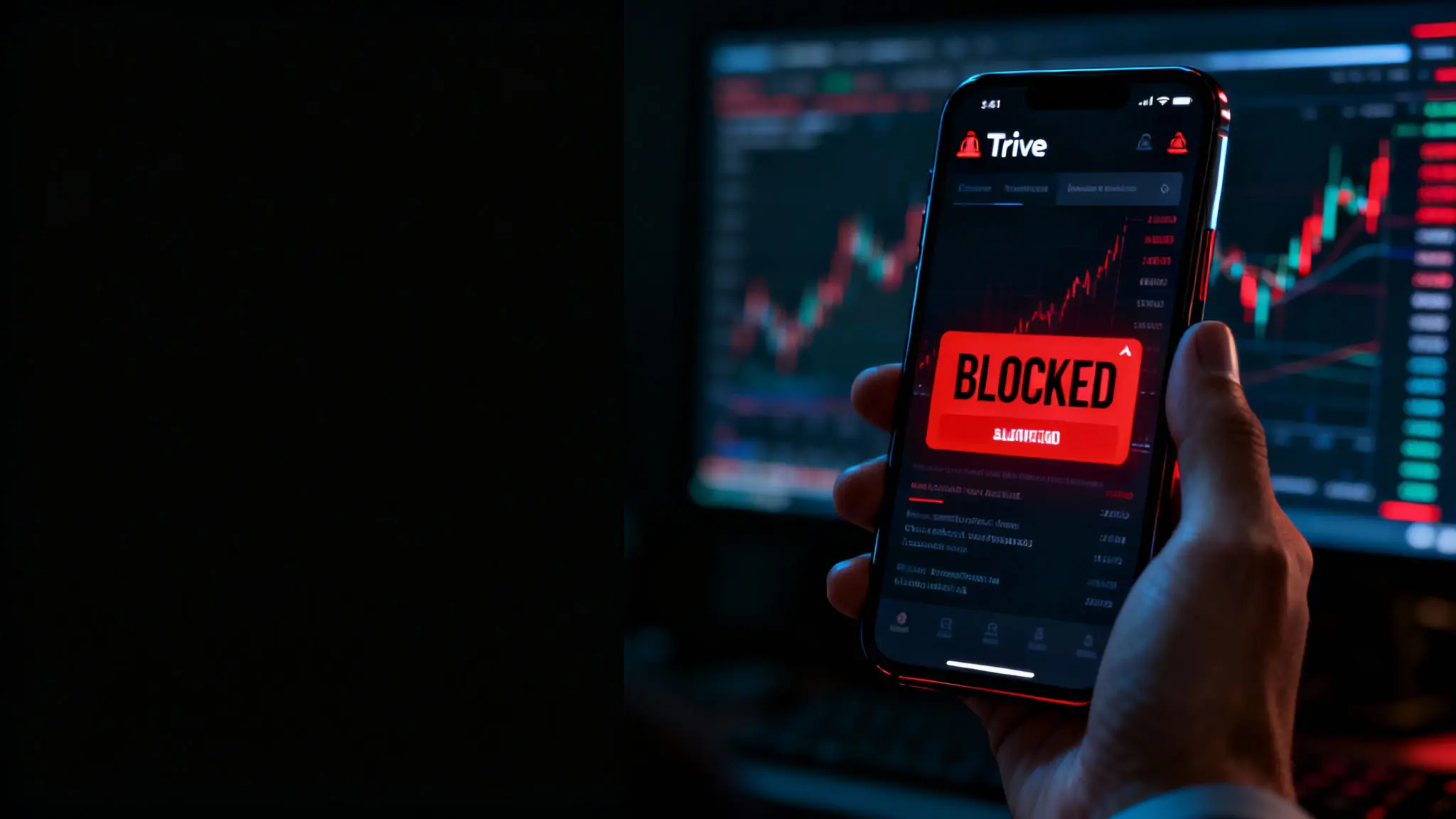简体中文
繁體中文
English
Pусский
日本語
ภาษาไทย
Tiếng Việt
Bahasa Indonesia
Español
हिन्दी
Filippiiniläinen
Français
Deutsch
Português
Türkçe
한국어
العربية
Indonesia officially joins the BRICS countries
Abstract:Indonesia's decision to join the BRICS group will not only enhance economic cooperation within BRICS countries but is also expected to have a profound impact on global trade, investment, and the currency system.
As Southeast Asia's largest economy, Indonesia holds immense potential in sectors such as energy, infrastructure, agriculture, and manufacturing. By joining BRICS, Indonesia can leverage this platform to attract more foreign investment while strengthening cooperation with other BRICS nations in areas like trade, technology transfer, and infrastructure development.
Changes in Currency Markets
Indonesia's currency, the rupiah (IDR), is likely to gain prominence in international markets as the country becomes a BRICS member. The growing economic ties between Indonesia and BRICS nations will boost liquidity and enhance currency exchanges. In particular, Indonesia may increasingly settle trade in its own currency or use other BRICS currencies, such as the Chinese yuan (CNY), Russian ruble (RUB), and Indian rupee (INR), reducing dependence on the US dollar. This will likely lead to more frequent use of the rupiah in international transactions.
Indonesia's entry into BRICS could also attract more international capital inflows. The changes in the BRICS currency system may influence Indonesia's central bank monetary policies, particularly regarding exchange rate policy, inflation control, and foreign exchange reserves management. To boost international confidence in the rupiah, Indonesia's central bank may adopt additional measures to stabilize the currency, manage inflation, and regulate capital flows.
Opportunities for Infrastructure and Investment
BRICSs New Development Bank (NDB) could provide Indonesia with much-needed financial support for infrastructure development. This could accelerate large-scale infrastructure projects such as transportation networks, energy projects, and digital infrastructure. BRICS cooperation is expected to increase foreign direct investment (FDI), giving Indonesia greater opportunities to participate in regional cooperation and optimize its position in global supply chains.
Indonesia's inclusion in BRICS is a pivotal move for its economic development. It will bring more international cooperation opportunities, enhance currency stability, and contribute to a more dynamic financial market. Ultimately, this membership positions Indonesia for greater integration into the global economy and solidifies its standing in the global economic order.
Disclaimer:
The views in this article only represent the author's personal views, and do not constitute investment advice on this platform. This platform does not guarantee the accuracy, completeness and timeliness of the information in the article, and will not be liable for any loss caused by the use of or reliance on the information in the article.
Read more

In-Depth Uniglobe Markets Commission Fees and Spreads Analysis – What Traders Should Really Know
For experienced traders, the cost of execution is a critical factor in broker selection. Low spreads, fair commissions, and transparent pricing can be the difference between a profitable and a losing strategy over the long term. This has led many to scrutinize the offerings of brokers like Uniglobe Markets, which presents a tiered account structure promising competitive conditions. However, a professional evaluation demands more than a surface-level look at marketing claims. It requires a deep, data-driven analysis of the real trading costs, set against the backdrop of the broker's operational integrity and safety. This comprehensive Uniglobe Markets commission fees and spreads analysis will deconstruct the broker's pricing model, examining its account types, typical spreads, commission policies, and potential ancillary costs. Using data primarily sourced from the global broker inquiry platform WikiFX, we will provide a clear-eyed view of the Uniglobe Markets spreads commissions prici

In-Depth Review of Stonefort Securities Regulation and Oversight – A Trader's Guide to the Risks
For experienced traders, the process of selecting a new broker transcends a simple comparison of spreads and leverage. It is a meticulous due diligence exercise where the integrity of the broker's regulatory framework is paramount. Stonefort Securities, a relatively new entrant in the crowded brokerage space, presents a complex and often contradictory profile. On one hand, it boasts a modern MT5 platform and a stream of positive user testimonials. On the other hand, it is shadowed by severe regulatory warnings that question the very foundation of its operations. This in-depth review focuses on the core issue for any long-term trader: Stonefort Securities regulation and oversight. We will dissect the broker's corporate structure, scrutinize its licensing claims, and analyze what the data implies for trader protection and fund security. For traders evaluating whether Stonefort Securities is a trustworthy partner, understanding these details is not just important—it is essential.

FXPesa Review: Are Traders Facing High Slippage, Fund Losses & Withdrawal Denials?
Do FXPesa support officials fail to pick up your calls when you raise fund withdrawal requests with the broker? But are these officials always open to you regarding fund deposits? Do you frequently spot slippage and stop-loss order execution errors on the FXPesa login? These issues are increasingly becoming common with this forex broker. Consequently, many traders have expressed their dissatisfaction with the broker online. In this FXPesa Review article, we have shared some of these complaints. Take a look!

Trive Investigation: High Score, Hidden Risk - The Profit Paradox
A disturbing pattern has emerged regarding the broker Trive. Despite holding a high WikiFX score (7.91) and valid licenses in South Africa and Australia, recent investor reports suggest a significant disconnect between the platform's reputation and its treatment of profitable clients. While the regulatory paperwork appears in order, our data indicates that traders are facing sudden account freezes and accusations of "trading abuse" precisely when they attempt to withdraw profits. This report investigates why a seemingly "safe" broker is generating high-risk complaints.
WikiFX Broker
Latest News
WikiFX's New Evaluation of ATM Capital LTD: Does its License Protect the Arab Investor?
Is Axi Legit? A Data-Driven Analysis of Its Regulatory Standing and Trader Feedback
How a Fake Moomoo Ad Led to the “New Dream Voyage 5” Scam
Trive Investigation: High Score, Hidden Risk - The Profit Paradox
Bessent believes there won't be a recession in 2026 but says some sectors are challenged
Is GGCC Legit? A Data-Driven Analysis for Experienced Traders
Young Singaporean Trader Grew USD 52 into a USD 107,700 Portfolio
B2BROKER Gains Investment Bank Status in Labuan
In-Depth Review of INZO Trading Conditions and Product Offering – A Data-Driven Analysis
Merin Regulation Review 2025: Is Merin a Safe and Legitimate Broker?
Currency Calculator



